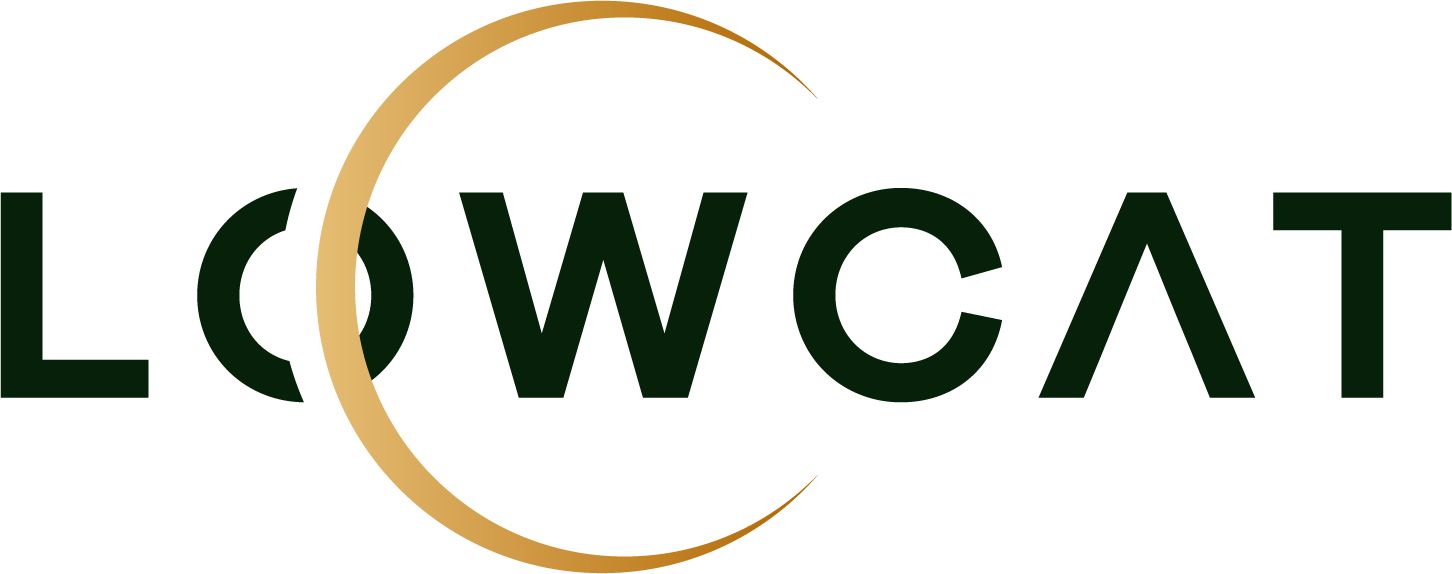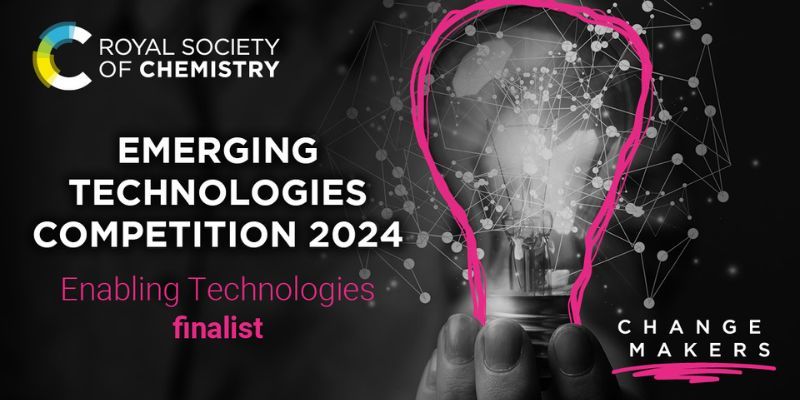LowCat: New generation of catalytic converter will help cut toxic emissions

A new generation of catalytic converter that will cut toxic gases and improve air quality has been developed at the University of Leeds.
LowCat is a cheaper and more effective diesel engine catalyst that cuts toxic emissions at low temperatures, inspired by chemistry observed on the surface of extremely hot planets such as Venus.
Currently in late-stage commercialisation trials at the University and supported by a number of industry partners, LowCat solves key problems experienced with conventional catalysts.
LowCat is also a finalist in the Royal Society of Chemistry's 2024 Emerging Technologies competition, selected for the enabling technologies category.
Radically reducing emissions at low temperatures
Conventional catalysts typically do not become effective until the engine runs with an exhaust temperature above 150°C. Under cold start and urban road conditions, where vehicle engines are often idling or moving at low speed, current emissions mitigation may operate with less than 50% efficiency.
LowCat presents an opportunity for a new way of reducing emissions. It converts 50% nitrogen dioxide, 30% of total nitrogen oxides at 110°C, and 50% of total hydrocarbon if placed close-coupled to the engine.
Placed after a conventional diesel oxidation catalyst, LowCat is also competitive compared with existing technology. It removes up to 80% of nitrious oxide from exhaust at 150°C, even without reductant, and converts half of total nitrogen oxides above 250°C.
The technology has the potential to radically reduce toxic emissions from combustion engines. Read more about the science behind LowCat in The Conversation: Cosmic dust from Venus is inspiring new air pollution-busting technology.
Cheaper to produce
To convert harmful gases from an engine into nitrogen and carbon dioxide, conventional catalytic converters use expensive platinum group metals as a catalyst and can be complex and expensive to manufacture.
Early studies suggest that LowCat is cheaper to produce: it doesn’t use platinum group metals and has a simple manufacturing process.
Contact us
If you are a potential industry partner interested in learning more or adding LowCat to your product range, then please get in touch.
Email LowCat
Email LowCat senior researcher Sandy James: a.james1@leeds.ac.uk
